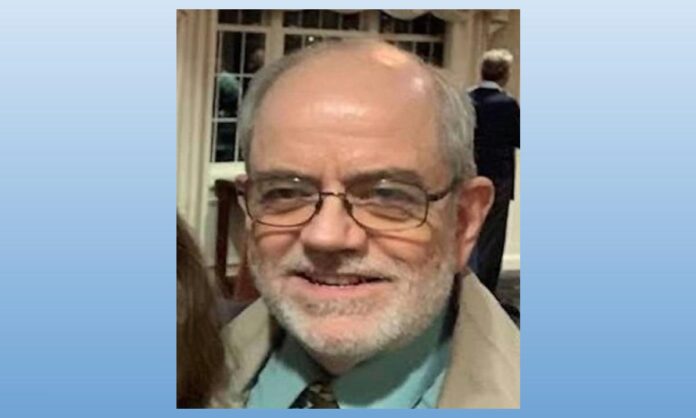David Fair’s activism dates back over fifty years, back when he was a student at the University of Pennsylvania and helped win students the right to register to vote from their campus addresses. In 1977 he co-founded the Philadelphia Lesbian and Gay Task Force, and in the years following the Philadelphia Community Health Alternatives/Lavender Health (1980), and the AIDS Activities Coordinating Office (1987), among other organizations.
Since 2013 he has served as Deputy Chief Executive Officer for Turning Points For Children, which seeks to reduce child abuse and improve the lives of children in Philadelphia.
He will receive the legacy award at the PGN Pride Brunch on June 4.
What are some things you’re most proud of in your career?
The two things I am most proud of in my LGBTQ work are helping to pass the “gay rights bill” in 1982 and leading in the creation of the AIDS Activities Coordinating Office in 1987. I am also proud of my work in helping the community recognize how intersectionality impacts our community. Today, we recognize and honor the diversity of our community in a way that would have been unheard of back in the day.
How have you seen the LGBTQ community change over the years?
When I started as an LGBTQ activist in 1976, the community was mostly defined by the experience of white gay men. For a long time, we were hampered by that perception. It had a deadly impact with the onset of the AIDS epidemic, which from the very beginning in Philadelphia impacted the Black gay community at higher rates than it did the white gay community. While racism in the community has not gone away, we are light years ahead of where we were, and as a community, are stronger and more effective as a result.
You’re a strong advocate for so many communities. What has kept you motivated to help people over the decades?
I grew up in the 1960s going to Catholic schools and being indoctrinated in the tenets of Christian doctrine – “love one another.” I soon learned that in the real world, that love was not distributed equally or fairly. In my youthful innocence, I decided that I would dedicate my life and work to making things, for want of a better word, “fair.” So far, in most of my work, because of my own work and that of many, many others, progress has been made. That keeps me motivated to keep going on.
How does it feel to receive this legacy award?
It frustrates me on one level, since “legacy” implies that one’s work is nearing an end. I need to believe that I will continue to do my work for a long time to come. But it is also humbling that that work has in some way been noticed by the community that means the most to me – an LGBTQ community that has embraced me despite my faults and mistakes. I grew up denying my sexual identity to myself and could easily have led a life of hopelessness and pain. It feels good to look back and celebrate the liberation we all deserve.
What do you hope your legacy is?
I want my legacy to be what Edward Kennedy said of his brother Bobby after his assassination in 1968: “My brother need not be idealized, or enlarged in death beyond what he was in life; to be remembered simply as a good and decent man, who saw wrong and tried to right it, saw suffering and tried to heal it, saw war and tried to stop it.” Those words have motivated me for over 50 years, and I want my legacy to be that I’ve motivated others to take the same path.

